
Caster Semenya is a famous gender controversy case in athletics - Photo: REUTERS
Athletics breakthrough
The fall of 2025 will mark a turning point in the history of gender verification in elite sports , when World Athletics (WA) announces new regulations requiring testing for the SRY gene - the gene that determines male gender.
Accordingly, starting from September 1, 2025, all athletes who want to compete in the female category at international tournaments in the world ranking system must undergo a lifetime test for the SRY gene through a cheek swab or dried blood sample.
Athletes who test positive (have the SRY gene) will be disqualified from competing in the women's category. Except in special cases such as disorders of gender development (DSD) but demonstrate competitive ability not based on testosterone. Or were allowed under the old 2023 regulations, such as Christine Mboma, who can still compete while keeping testosterone below the threshold.
Unlike older methods that focused on the hormone testosterone, the new regulations shift toward determining genetic makeup: whether an athlete possesses the SRY gene, as a more definitive indicator of biological sex.
This SRY test is considered minimally invasive, similar to a COVID antigen test, and is only performed once in a lifetime with results securely encrypted on WA's system.
Notably, the old method - such as measuring testosterone or advanced testing with DSD - has been criticized for being unfair, making it difficult to determine with certainty who should compete in the women's category.
The international scientific community has responded positively and cautiously to the new regulation. Many experts support it as a clear step to draw a biological line in the sand to protect fairness in women's sports. Especially in the context of DSD becoming an increasingly controversial topic.
However, many people are wary because the SRY gene can also appear in cases like Androgen Insensitivity Syndrome (AIS). This can cause them to “fail” the SRY test even though they are still female, as happened to athletes at the Olympics in the 1990s.
Overall, the scientific community is still watching. And it will take time to assess the fairness and humanity of this method in the long term.
World trends
WA's new rules come amid a growing push for gender testing in elite sport.
World Boxing has made SRY testing mandatory from May 2025. Meanwhile, the World Aquatics Federation has opened an Open category for athletes who do not qualify for the two traditional categories.
On the political front, US President Donald Trump recently announced that he will implement testing for all female athletes at the 2028 Los Angeles Olympics.
The US even said it would set up a special task force headed by him to clarify biological sex in order to "prevent men from pretending to be women to compete".

With the naked eye, anyone can easily judge Semenya - Photo: WA
These developments show that the world of sports and politics is stepping up gender testing, with the determination that “gender cannot overcome biology” as said by President Sebastian Coe of WA.
There is no denying that recent controversies, such as Imane Khelif (Algerian boxing) and Lin Yu‑ting (Taiwanese boxing) at the 2024 Paris Olympics, have sparked huge debate about gender equality despite both being allowed to compete by the IOC.
The world of sports is at a crossroads: on one side is the right to individual freedom, to protect identity and humanity; on the other side is the pressure to ensure a fair competition environment for women.
However, any policy, whether based on science or the common good, still needs to accept criticism, so as not to harm athletes who are actually female but have biological exceptions.
Source: https://tuoitre.vn/the-thao-the-gioi-day-manh-viec-kiem-tra-gioi-tinh-2025081311161882.htm












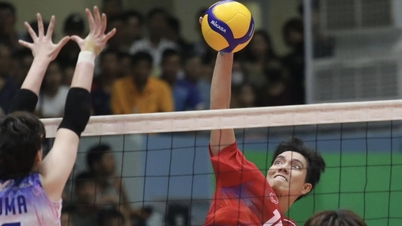







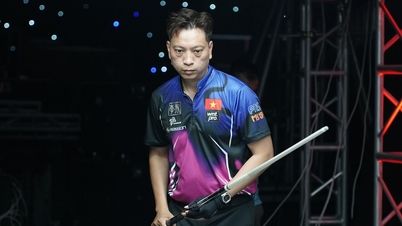







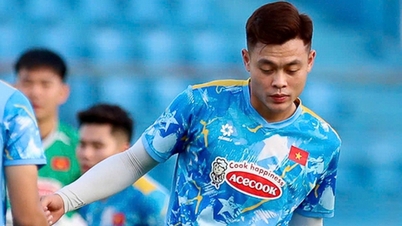

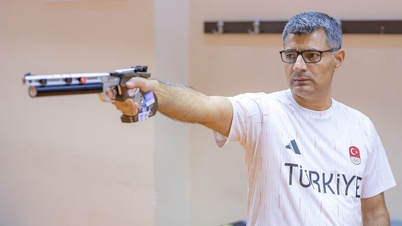





















































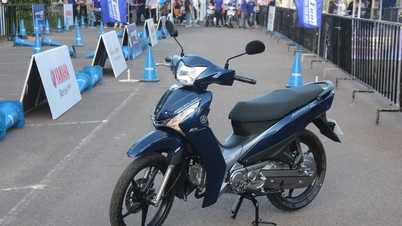














Comment (0)